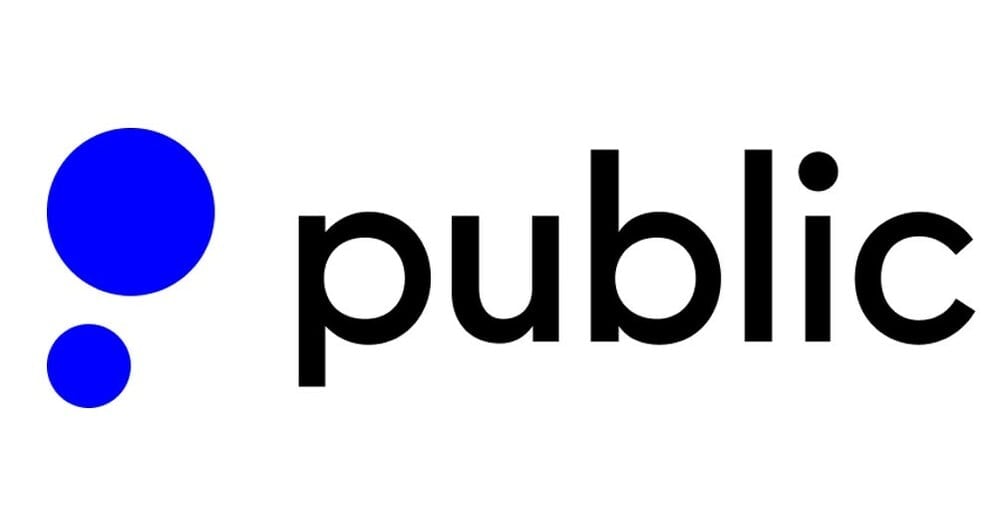5 Short-Term Investment Options (5 Years or Less)

Many, or all, of the products featured on this page are from our advertising partners who compensate us when you take certain actions on our website or click to take an action on their website. However, this does not influence our evaluations. Our opinions are our own. Here is a list of our partners and here's how we make money.
The investing information provided on this page is for educational purposes only. NerdWallet, Inc. does not offer advisory or brokerage services, nor does it recommend or advise investors to buy or sell particular stocks, securities or other investments.
Inflation, volatile financial markets and recession fears can make now feel like the wrong time to invest. At the same time, the risk of hoarding cash is even higher than it used to be. Those dollars under the mattress don’t keep pace with inflation, buying less and less over time.
A short-term investing or savings account is an easily accessible place to park money for near-term goals while also earning some interest to combat inflation. And with today’s higher interest rates, it’s a good time to give these accounts a second look.

Get a custom financial plan and unlimited access to a Certified Financial Planner™
NerdWallet Advisory LLC
What are short-term investments?
A short-term investment is an investment that you can easily convert to cash, such as a high-yield savings or money market account. This is money you might need sooner rather than later.
If you’re investing in the stock market, it’s generally considered a good idea to plan to keep your money invested for at least five years.
But a savings goal of five years or less doesn’t mean you need to let your cash sit idle that whole time. There are several ways to help your money grow, even in a limited time frame.
In this article, we break down the various investments for the specific time frame you need. This includes:
Short-term investments offer different interest rates and investment returns than long-term investments. For the most part, growing money short-term through interest-bearing accounts is extremely low risk. You go into the agreement knowing how much interest you’ll earn over a preset period of time.
Investing in stocks, on the other hand, is far from certain. After a market plunge, it could take months or years to get your money back. High returns typically require a willingness to take on more risk, while low returns often come with the comfort of low risk — or none at all.
So, how do you find a balance? Here’s a guide to short-term investment and savings options based on your timeframe.
When you need the money | Investment options | Risk vs. reward |
|---|---|---|
Less than two years |
|
|
Two to three years |
|
|
Three to five years |
|
|
Investments for money you need in less than 2 years
Online savings account or money market account
Potential interest rate: Up to 5% or more
NerdWallet’s analysis shows that the annual percentage yields for high-yield online savings accounts and money market accounts are currently between 4% and 5%. This may not sound like much, but it’s higher than 0.45%, the current national average interest rate on savings accounts and what you’ll likely be offered at your hometown branch .
Both savings and money market accounts are FDIC-insured, meaning your money is protected up to $250,000 per institution, per depositor, in case of a bank failure.
NerdWallet rating 4.9 /5 | NerdWallet rating 4.3 /5 | NerdWallet rating 4.6 /5 |
Fees $0 per online equity trade | Fees $0 per trade | Fees $0 |
Account minimum $0 | Account minimum $0 | Account minimum $0 |
Promotion None no promotion available at this time | Promotion 1 Free Stock after linking your bank account (stock value range $5.00-$200) | Promotion Earn up to $10,000 when you transfer your investment portfolio to Public. |
Savings account interest rates are higher than they've been in some time. Take advantage of high rates with one of our picks for the best high-yield savings accounts.
Cash management account
Potential interest rate: between 2% and 5.5%
Another alternative for short-term savings is a cash management account. These accounts are typically offered by robo-advisors and online investment firms (or discount brokers). Some cash management accounts provide check writing, mobile check deposit, bill pay, money transfers, goal-setting and overdraft programs.
» Want more information? Learn the basics of cash management accounts
Investments for money you need in 2 to 3 years
Short-term bond funds
Potential interest rate: 4% or more for U.S. government bonds, more for those willing to take on more risk
A bond is a loan to a company or government that pays back a fixed rate of return. A bond is generally considered a safer investment than stocks, but it still has risks. The borrower could default, or bond values could decline when interest rates rise. To reduce the risk of default, choose bond funds that primarily own government bonds, which the U.S. government issues, and municipal bonds, which states and cities issue. You can purchase bond funds via an online brokerage account. (Here’s how to open a brokerage account.)
Many U.S. government bond funds currently lag behind the annual return of high-yield savings accounts. Corporate bond funds — particularly high-yield funds — may return more, but with more risk.
» Ready to get started? Learn how to invest in bonds
Investments for money you need in 3 to 5 years
Bank certificates of deposit, or CDs
Potential interest rate: Around 5% or more for the highest rates
CDs can be a good risk-free savings option for money you are sure you don’t need for a set period of time. CDs offer a pre-set, guaranteed interest rate if you lock your money away for a set term (ranging from three months to five or more years). In general, the longer the term, the higher the interest rate.
Remember that you may want to avoid locking your money up in a long-term CD when interest rates are rising, as they are now. If you need to withdraw your money before the CD term ends, you’ll typically pay a penalty of three to six months’ interest. Also, note that CDs may have a minimum deposit requirement.
» Learn more: How to invest in CDs
On a similar note...








